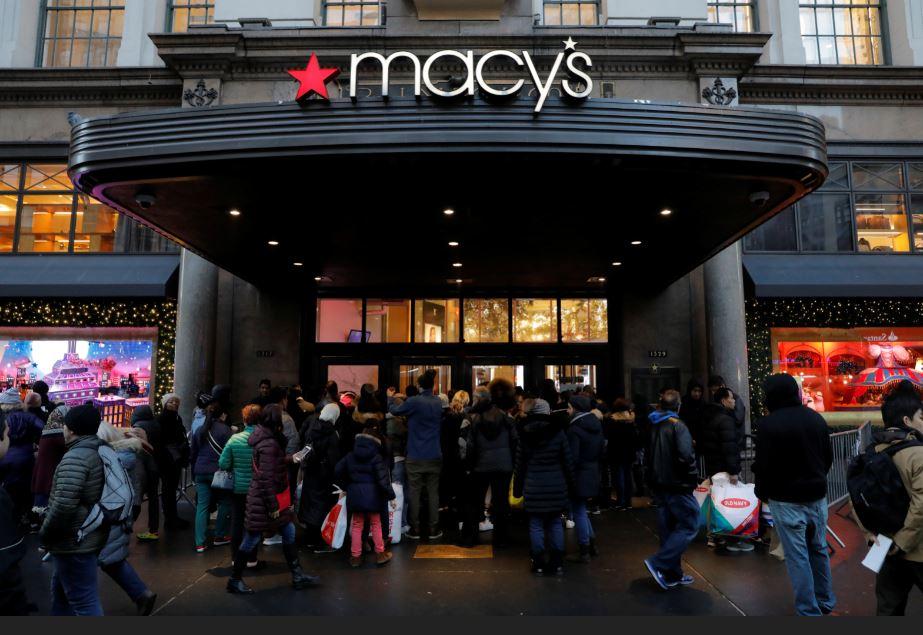Macy’s Inc. shares plunged 18 percent on Jan. 10 after the department store operator slashed its full-year profit and sales forecast on the back of an anemic holiday season, sending a chill through the wider retail sector.
Macy’s said its sales slowed after a good start to the holidays, and flagged particular weakness in women’s sportswear, sleepwear, fashion jewelry, fashion watches, and cosmetics. Its comparable sales over the critical November and December months rose 1.1 percent.





